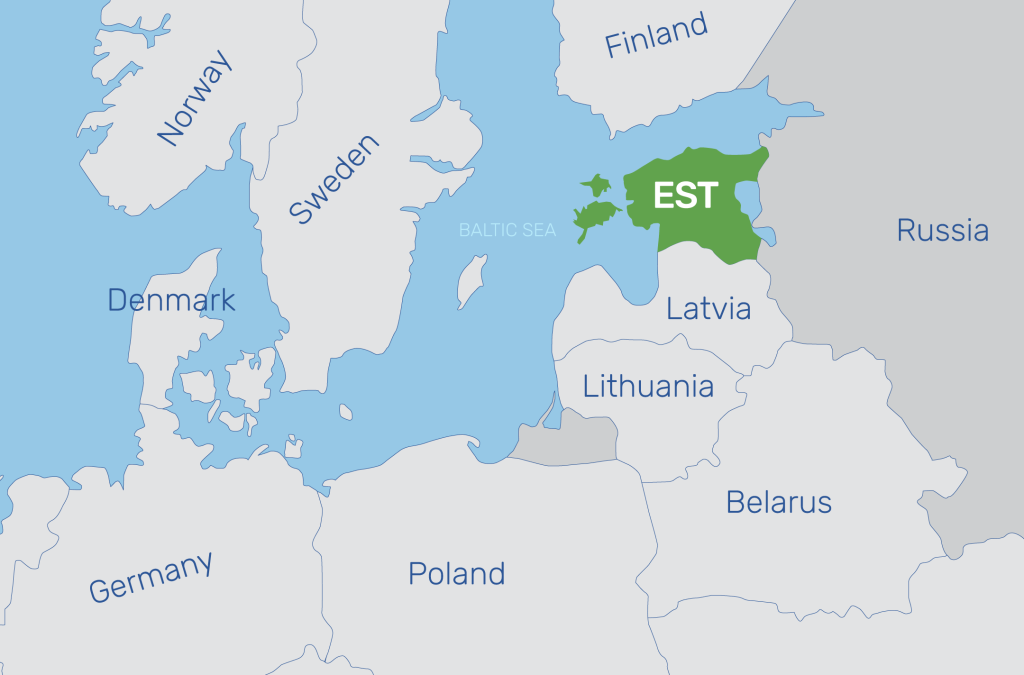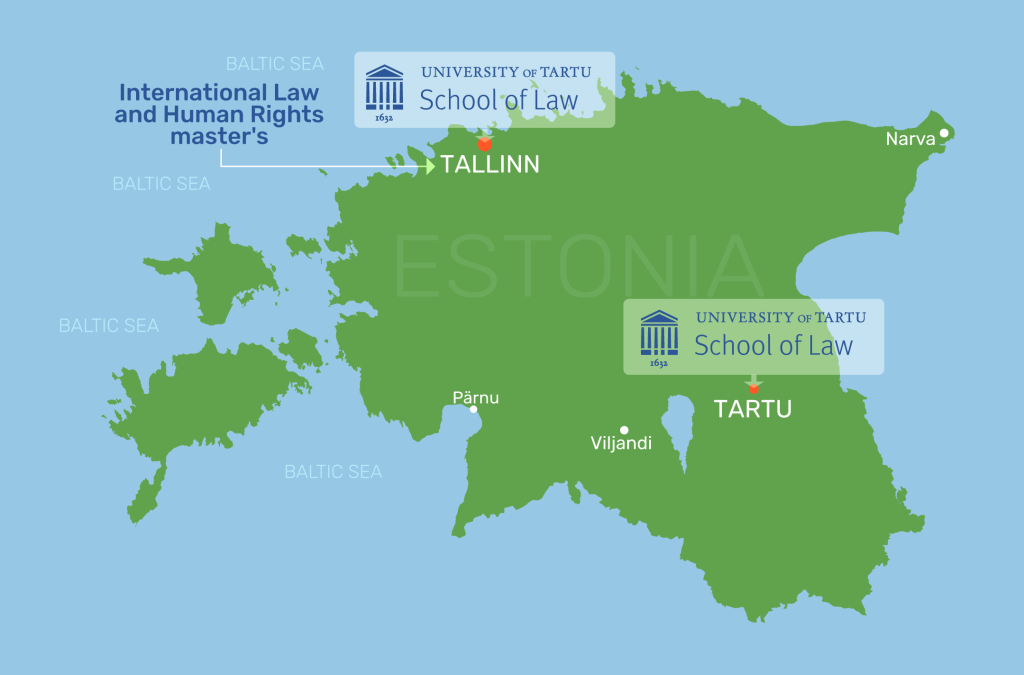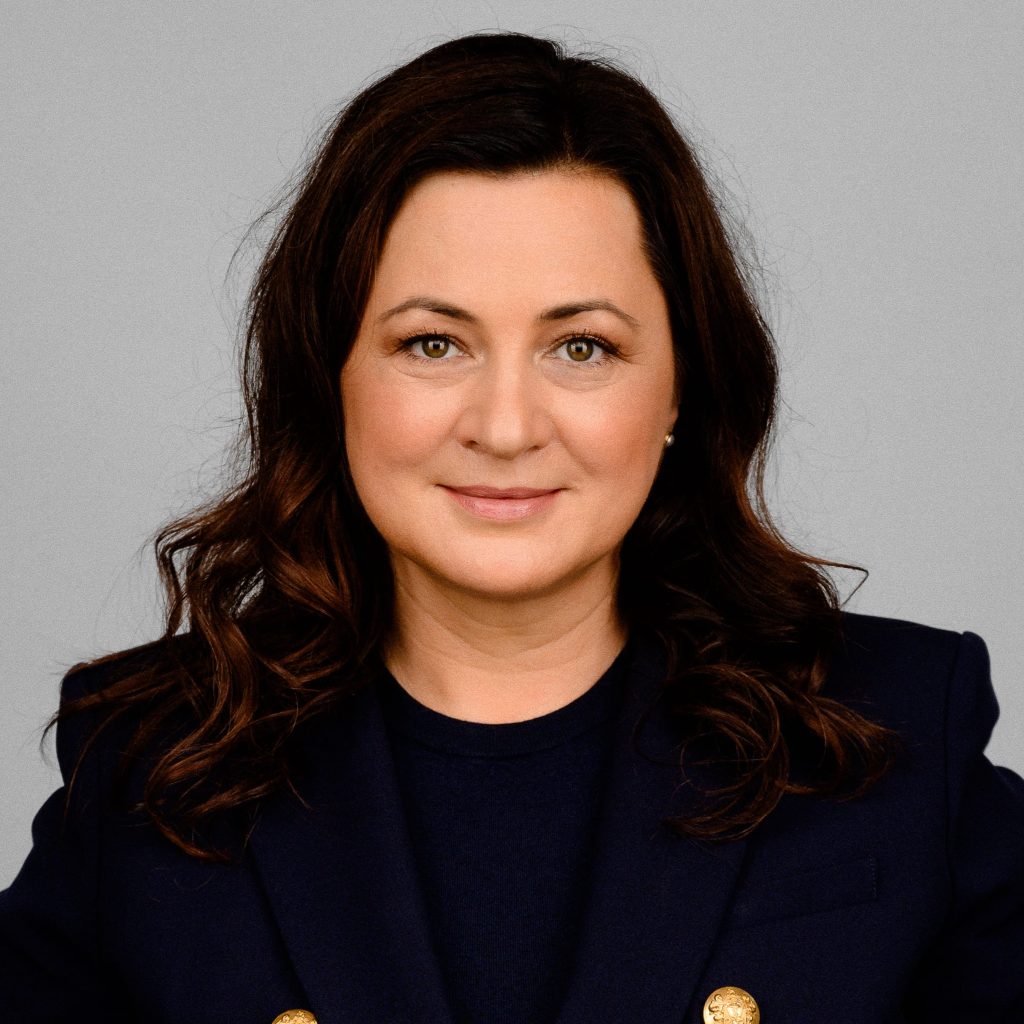University of Tartu
Established in 1632, the University of Tartu (UT) is Estonia’s oldest and largest university. Consistently ranked among the world’s top 350 universities, UT is recognised as one of the leading institutions in Northern Europe.
Students in the ILSPSD Programme join those of the Master of Arts Programme in International Law and Human Rights (ILHR) at UT’s vibrant capital campus in Tallinn, within one of the university’s oldest and most prestigious faculties. The programme provides a rich comparative perspective on international law and human rights, drawing on Estonia’s unique historical experience and strategic position at the crossroads of the “West” and “East.”
UT’s School of Law is strongly research-oriented, hosting impactful projects such as “The Evolution of Human Rights Law and Discourse in the Russian Federation, and its Interaction with Human Rights in Europe and the World” and “Russia and the Consolidation of Regional International Law in Eurasia.” These initiatives underscore the university’s distinctive expertise in regional and geopolitical dynamics, making a significant contribution to the ILSPSD Programme.
At UT, the city of studies will be Tallinn, where the School of Law has a campus conveniently located in the city centre. Tallinn, the capital of Estonia, is surrounded by Helsinki to the north, Russia to the east, and Latvia to the south. As Estonia’s most populous city, Tallinn is a green and compact city of culture, a vibrant political and cultural hub, renowned for its innovative spirit and status as one of the world’s most technology-oriented cities.


Tallinn is home to numerous national and international institutions, including the Estonian Parliament, ministries, and state agencies, many of which maintain close ties with the School of Law. This proximity provides students with unparalleled opportunities for internships, networking, and academic visits. Additionally, students have access to Estonia’s National Library (Rahvusraamatukogu), located in Tallinn, which offers extensive resources for research and study. While based in Tallinn, students also benefit from access to all the facilities and resources available at the Tartu campus, including its rich academic infrastructure and vibrant university community. This dual-campus advantage ensures that students have a comprehensive and enriched academic experience during their studies.
UT places a strong emphasis on the development of transferable skills to prepare students for diverse professional paths. These include communication, collaboration, problem-solving, critical thinking, digital literacy, and entrepreneurial skills, all integrated into its curriculum through practical training, interdisciplinary courses, and extracurricular activities. Students also gain insight into sustainability and the impact of their actions, fostering a future-oriented mindset. This comprehensive approach ensures UT graduates are well-equipped to excel in both local and global contexts.
Got any questions about the programme content, courses, career opportunities, study environment, etc. at UT?

Elizabeth Teodora Kasa Malksoo
University of Tartu School of Law
Tallinn Office
Programme Director of the Master’s Programme in International Law and Human Rights
Tõnismägi str. 5A-319, Tallinn, Estonia
elizabeth.kasa-malksoo@ut.ee


